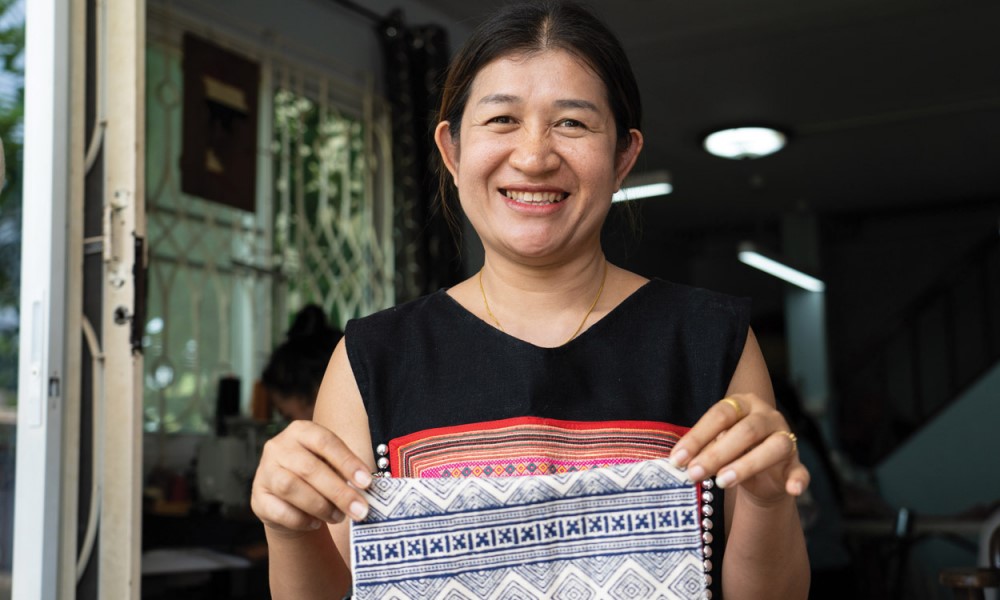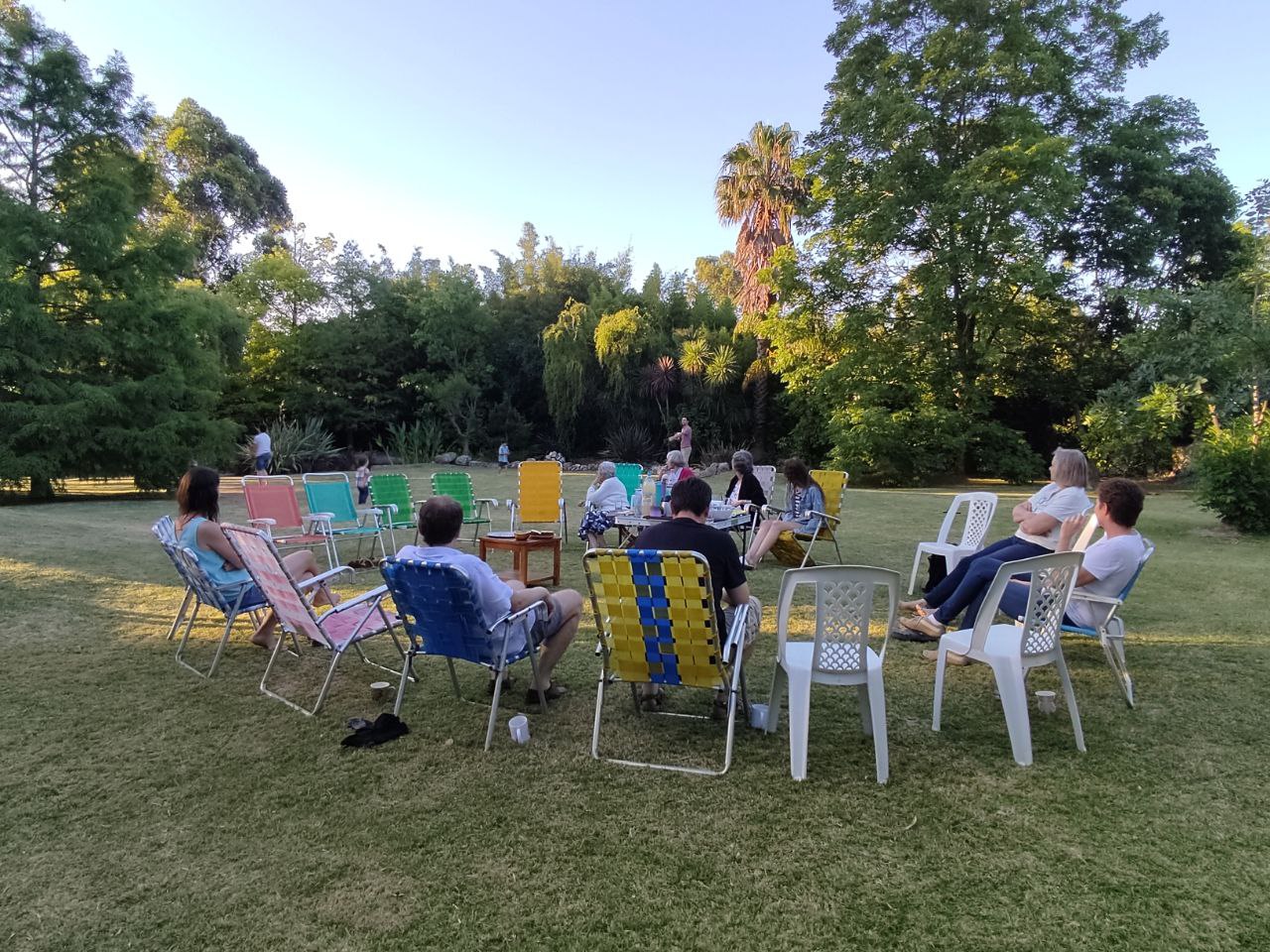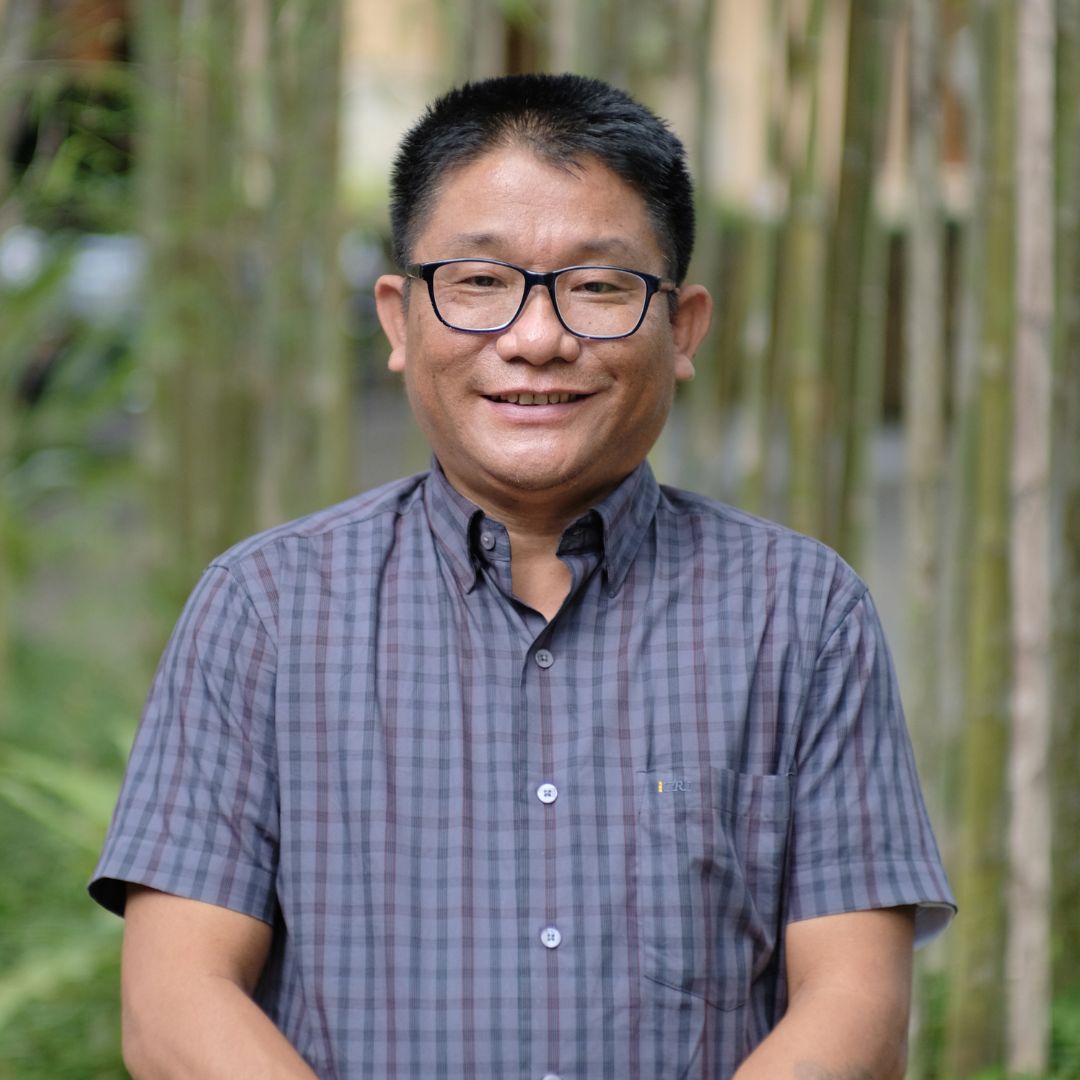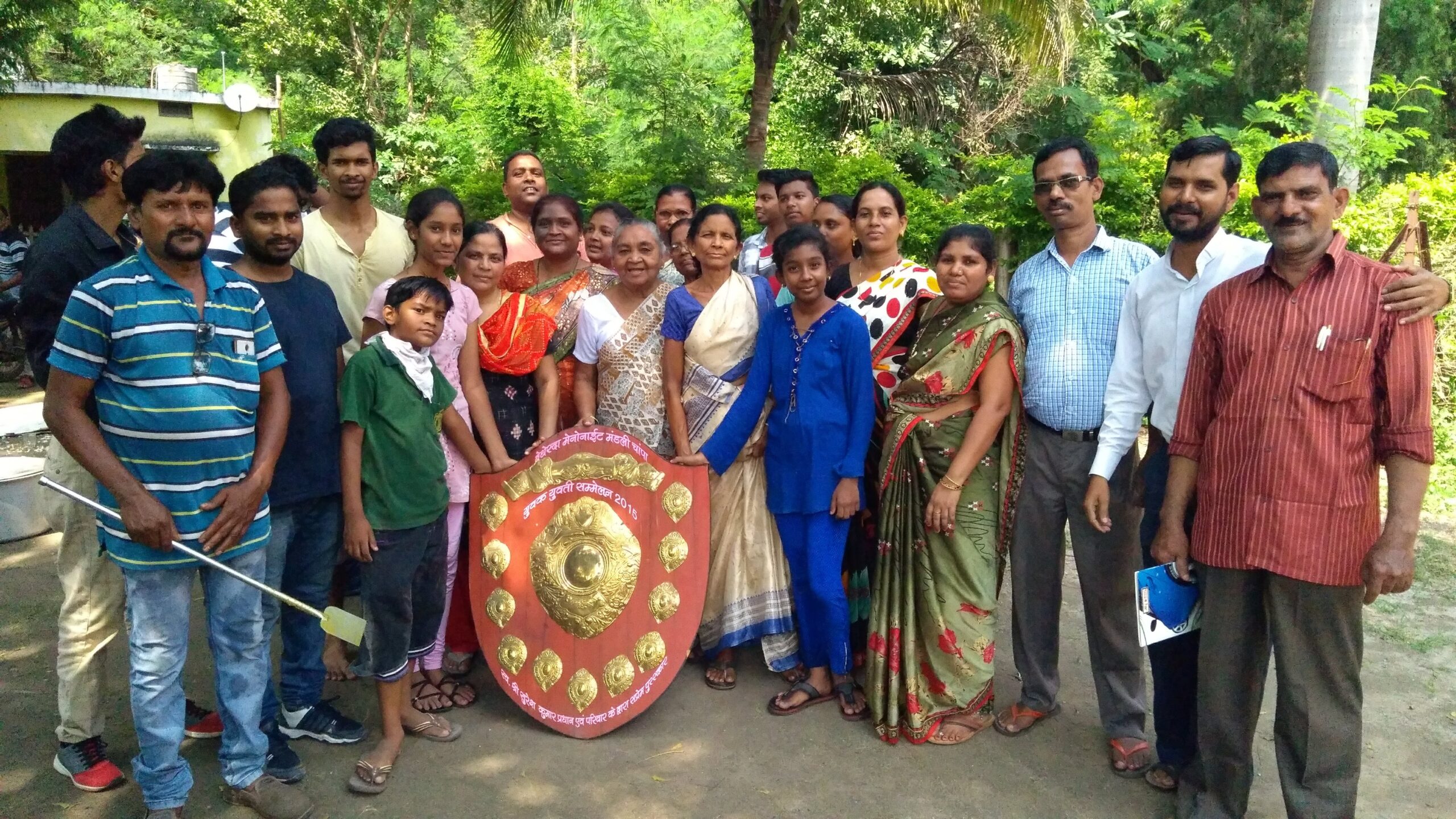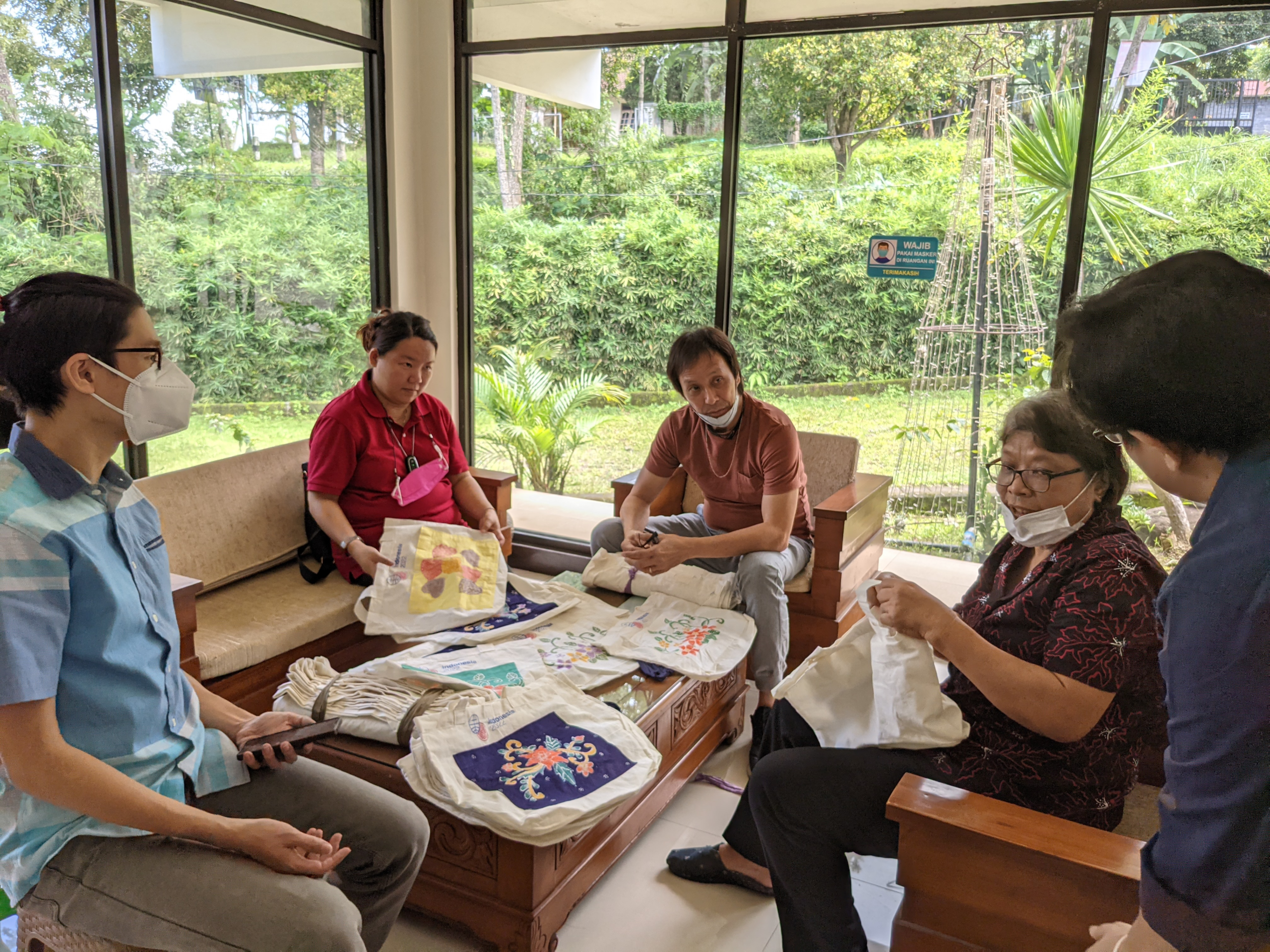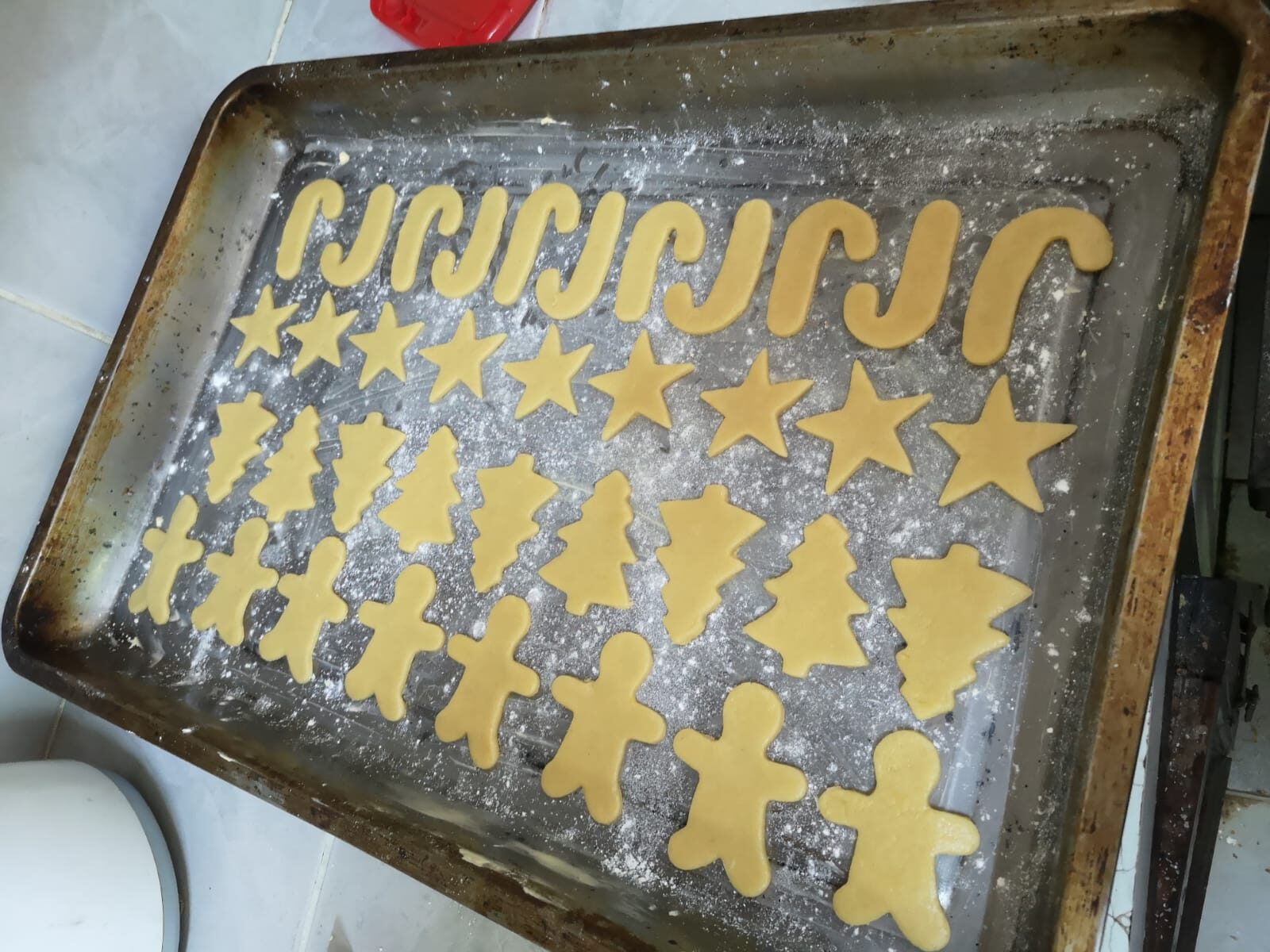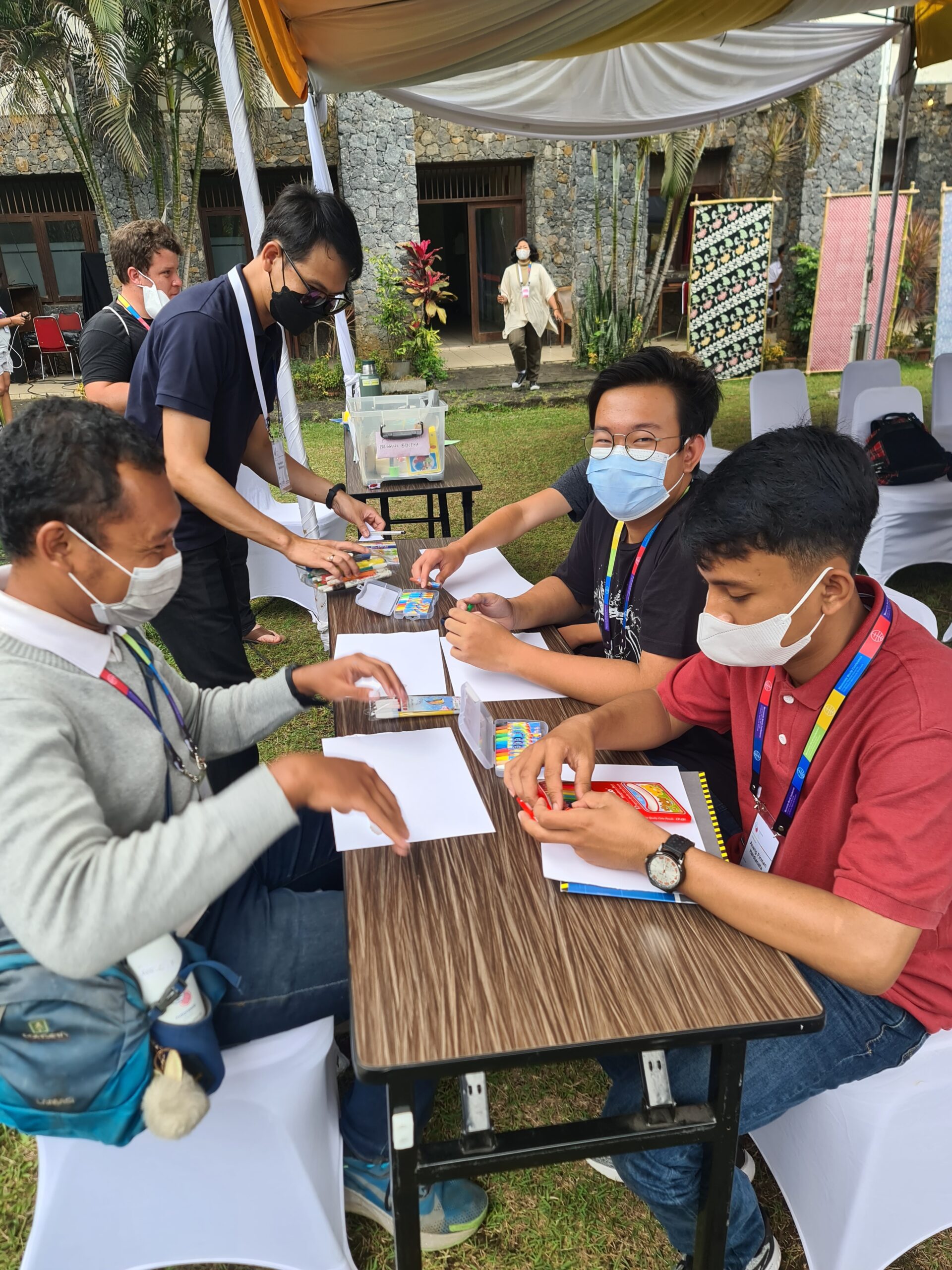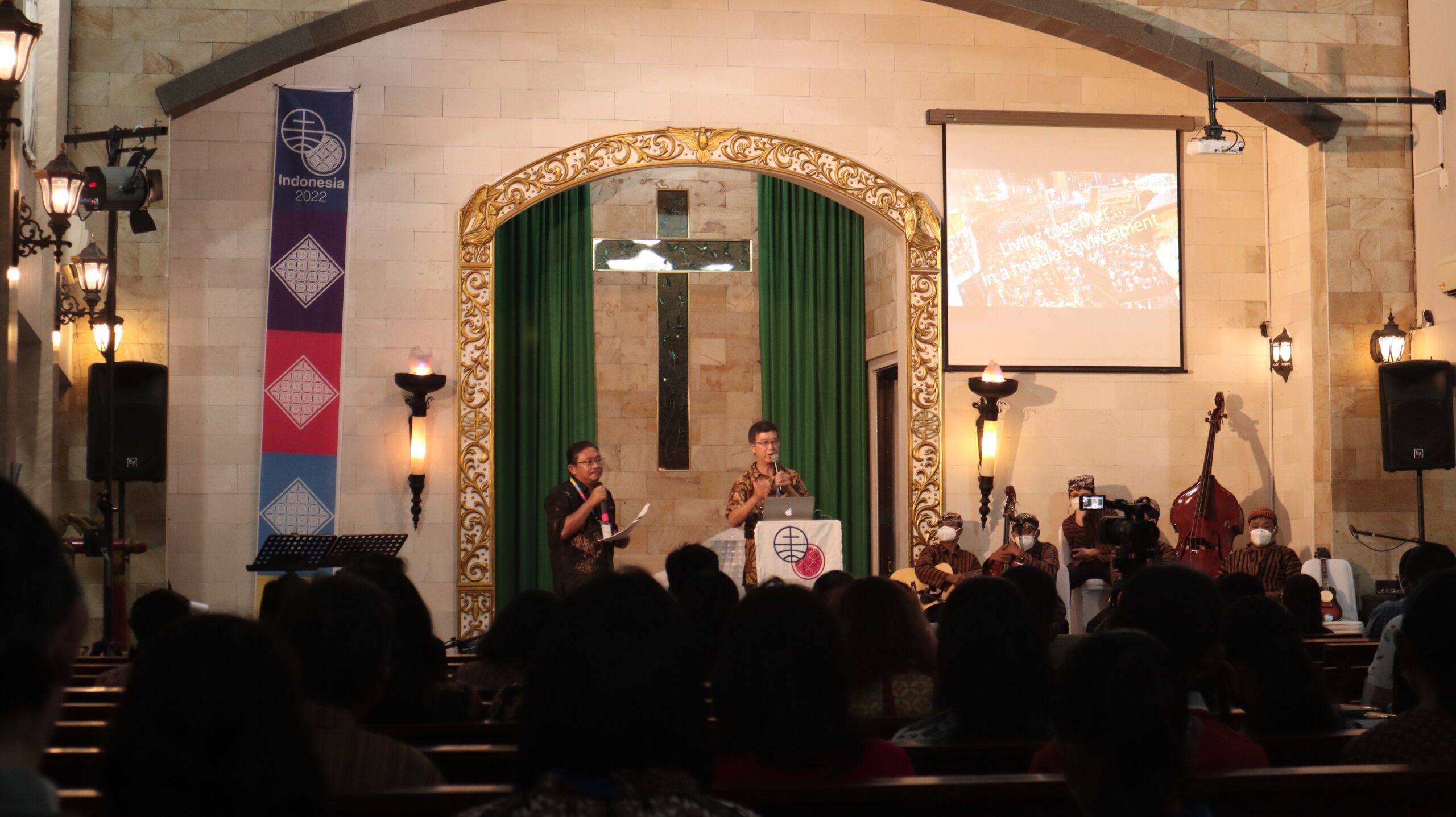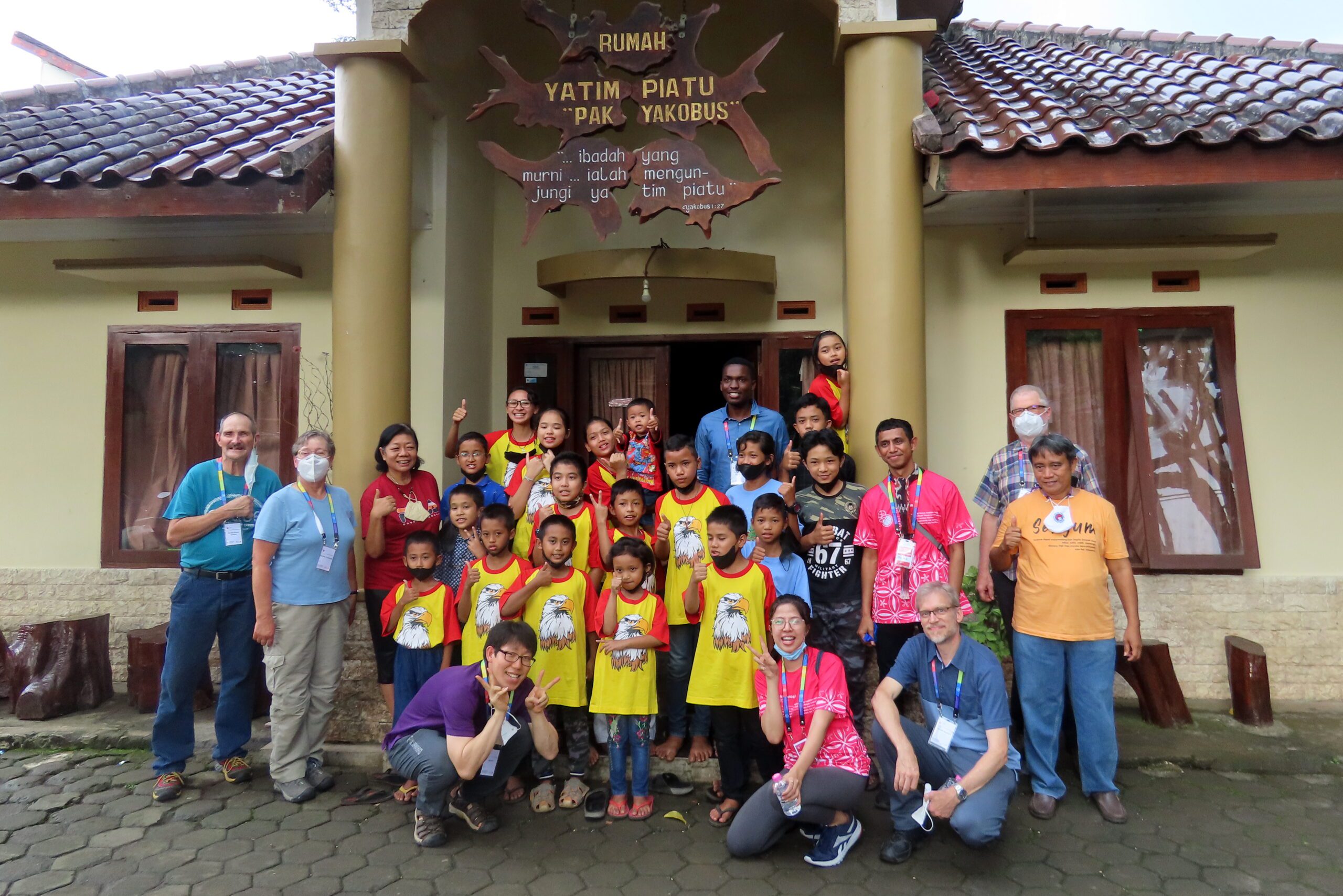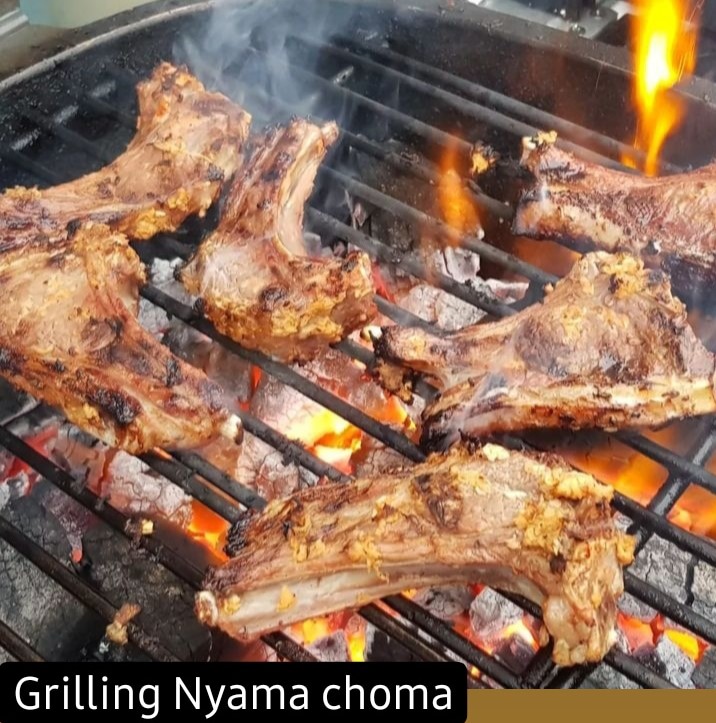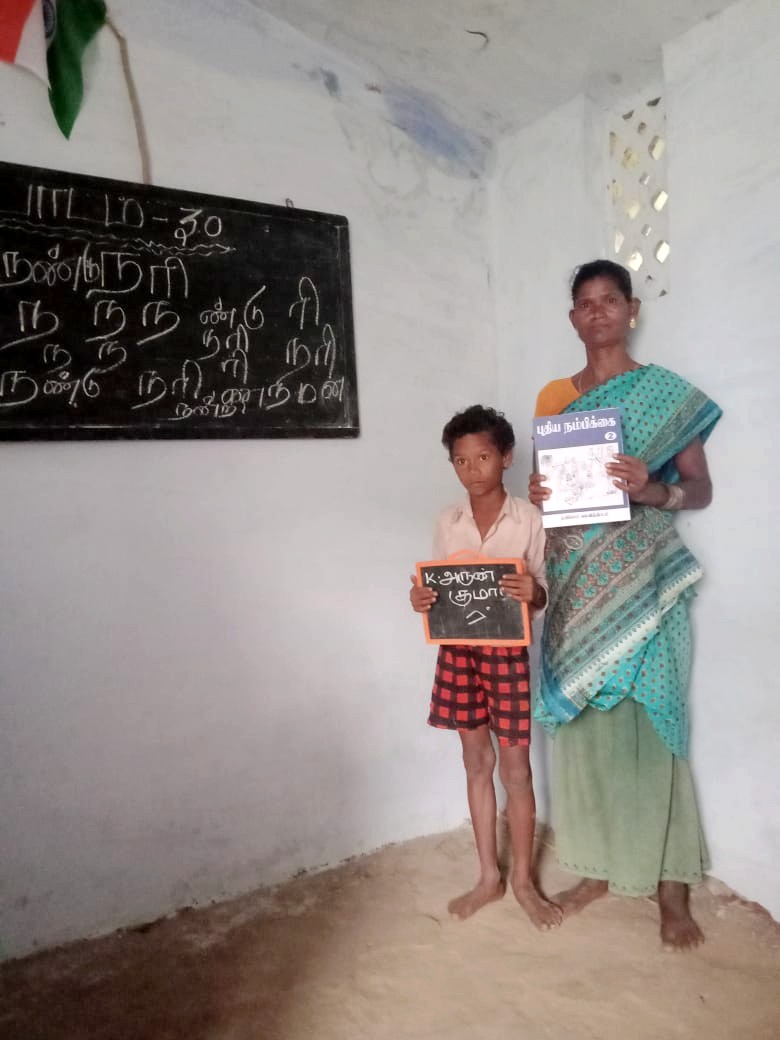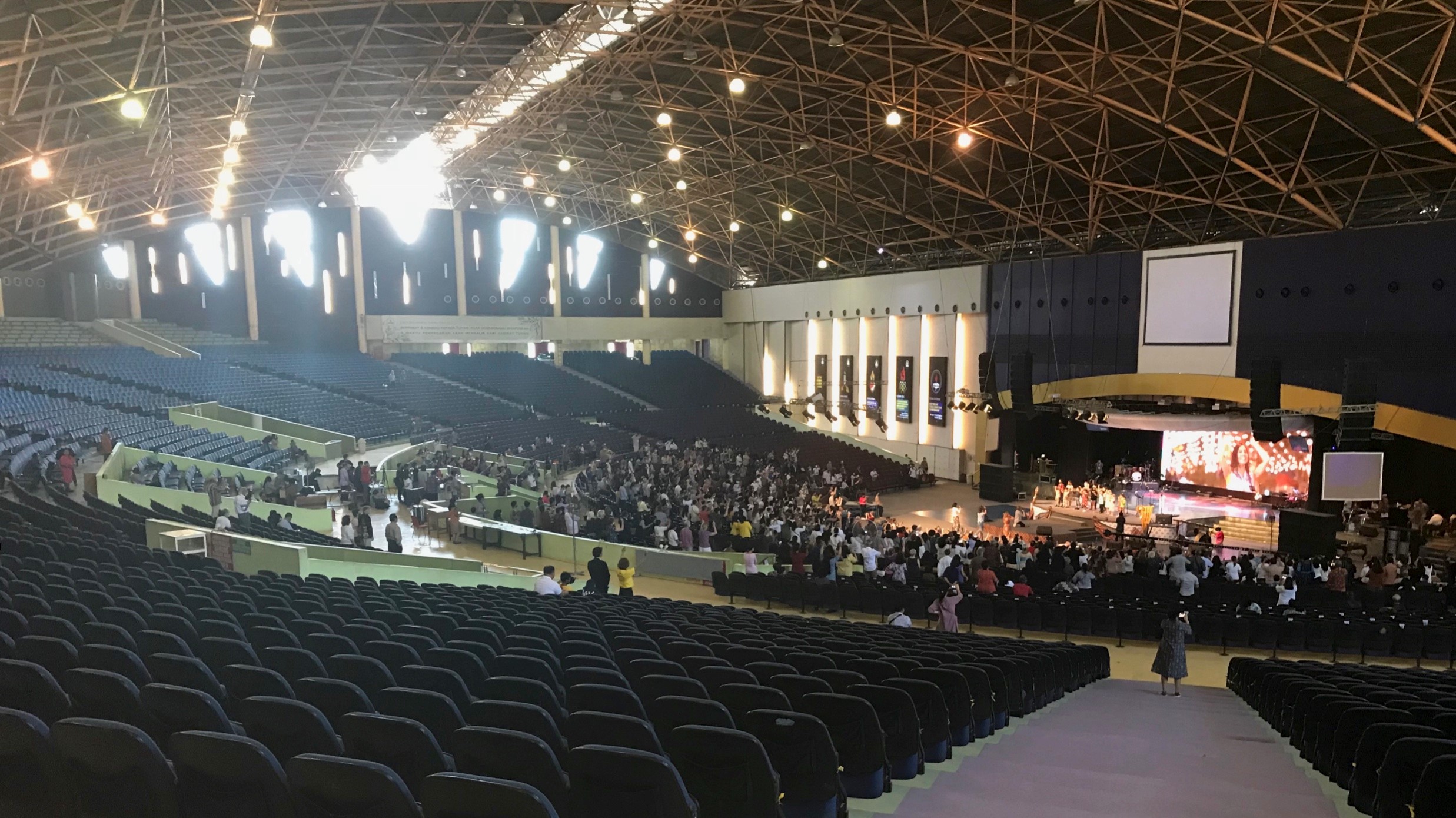-
Ministry partner update: ICOMB – December 2022
Siriwan Trakunhan is one of Multiply’s key national partners in Thailand. Over the years, she has served in many capacities: working at the Chiang Mai office, teaching the Bible at a juvenile detention center with Carmen Owen and Cynthia Friesen, and founding Freedom Trades, a vocational training program for women released from prison. More recently,…
-
All voices praising Jesus together in Uruguay
I really love the simplicity of our Christmas parties where we meet to enjoy each other’s company and remember the one that keeps us united.
-
A family that prays for each other
“You have been with us even though you were far from us. You helped us with your messages and calls,” says Kyendrébéogo Wendyam Natacha. The young woman who recently completed a YAMEN assignment with MWC presented an update in the November online prayer hour to attendees from three dozen countries. “My country [Burkina Faso] underwent
-
A month of celebrating Charni Daan
In India, Christmas is celebrated with great enthusiasm from mid November to New Year. Christmas is more special because we get a chance to meet our family and friends.
-
Together across barriers
“Our duty is to bring peace and love.” These words, relayed from Indonesian by a translator at the closing worship service of Mennonite World Conference’s Assembly 17 in Indonesia, came not from one of the featured speakers but from the governor of Central Java. “Our founding fathers gave us this mission of peace,” said Ganjar
-
Sharing love – with sprinkles – in Germany
This tradition reminds me of the message of hope, peace, joy and love at Christmas because you can enjoy a peaceful time together with your loved ones and you can even share this love by giving Christmas cookies to others.
-
Living the good life is good and even necessary
Thursday morning “How very good and pleasant it is when kindred live together in unity.” Psalm 133:1 is an affirmation of how the biblical David delighted in the company of his brothers. As a social species, humans need the fellowship of others. Through fellowship, we witness to and live out our faith; it is where
-
We do not lose heart
Thursday night In April, I received an invitation of sharing on the topic “living together in the hostile environment.” The title really stirred my heart. And I think one of the reasons of my invitation is that they know we Hong Kong people were living in a hostile environment in the past few years, an
-
Assembly tours and service projects
Assembly activities Connecting with people is at the heart of MWC Assemblies. Participating in local tourism and serving with local ministries provided another chance to connect. “I get a lot of value and joy out of helping people,” says Daniel Beachy, who signed up for a service activity. “It was a lot of fun planting
-
Joy and love: night vigil in Kenya
This tradition always reminds me of the joy and the love we have for each other as a community. Getting together to share meals and storytelling is usually the best part, but the most amazing and wonderful time is during the night vigil when one connects with Jesus though praise and worship, giving a sense…
-
A new move of God
In remote corners of Tamil Nadu, India, gospel workers trained by Gilgal Mission Trust (GMT) are shining the light of the gospel hand-in-hand with education and vocational training. Along the Amravati River in Coimbatore District, many people in the Anaiamalai forest are uneducated. They work as day labourers and live in neglected government-built houses. One
-
Au-delà des barriËres
Le rassemblement de la Conférence Mennonite Mondiale (la CMM) avait pour thème « Suivre Jésus ensemble à travers les frontières ». Le thème en anglais est formulé ainsi : « Following Jesus together across barriers », ce que je traduirais plutôt par « Suivre Jésus ensemble au-delà des barrières ». Ce séjour en Indonésie a
